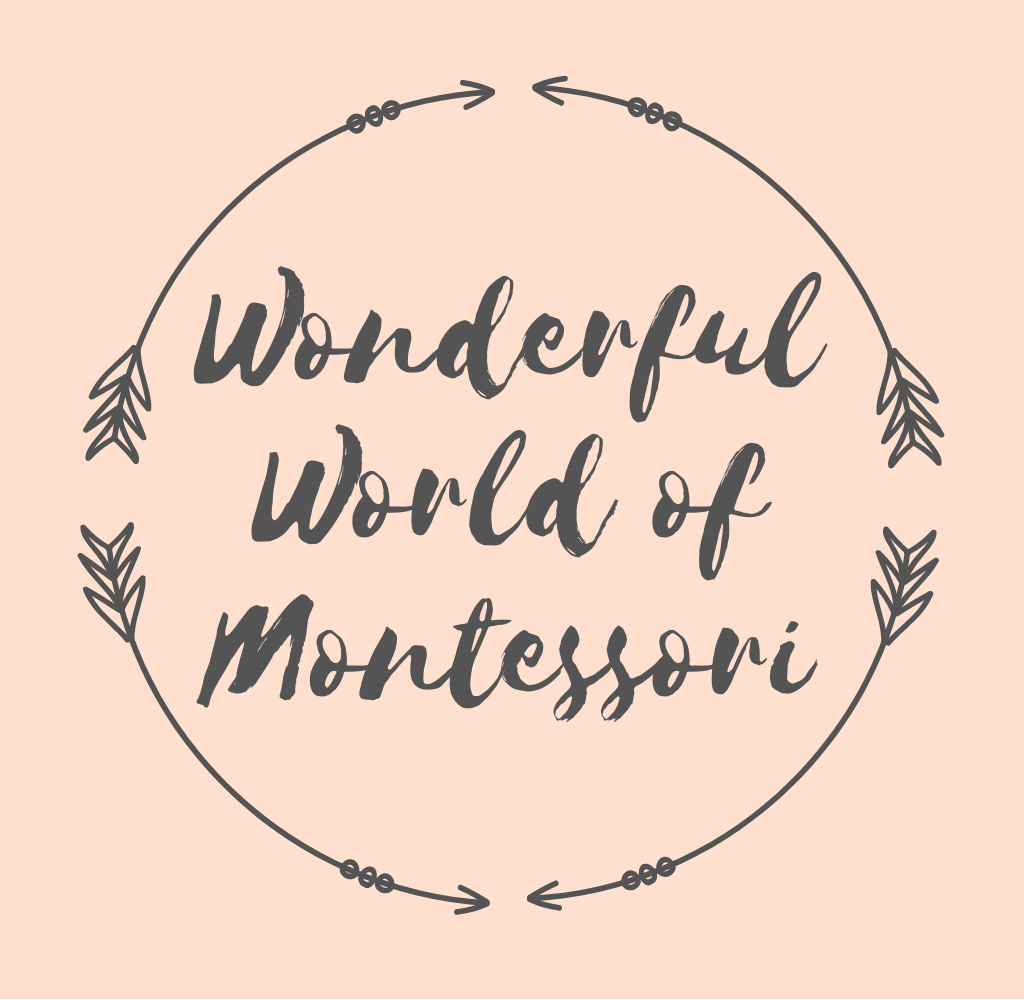The importance of language in early childhood development
Studies have shown that children begin developing language even before birth, whilst still being carried in the mother. Language development is an essential part of early childhood. Children hear and internalise language from a wide variety of sources each and every day from parents, caregivers, other children, and the world around them.
Almost miraculously, children not only internalise this language, but their brains also begin to sort out grammatical structures and slowly piece together what is correct and what is incorrect on their journey towards being native-speakers.
Early literacy and learning to read
Part of the language journey and learning to read is teaching children phonetics. Children need to be able to identify letters of the alphabet, and more importantly, how these are sounded out when reading. This helps the child on their first steps to putting these sounds together into a word.
Language and learning to read in a Montessori environment
In Montessori, the child’s first language is normally used, except for in special Montessori programs where a foreign language is used, for example, teaching the Montessori method using English in China. This will help the child to learn spoken and aural language throughout the day.
To teach reading in a Montessori classroom, we use the sense of touch to learn letters, through our Sandpaper letter board. We teach children letters through the phonetical alphabet, just like all materials in a Montessori classroom are all organised accordingly by beginning with the Sandpaper letter board, The Large Movable Alphabet, Pink, Blue, and Green reading materials.


